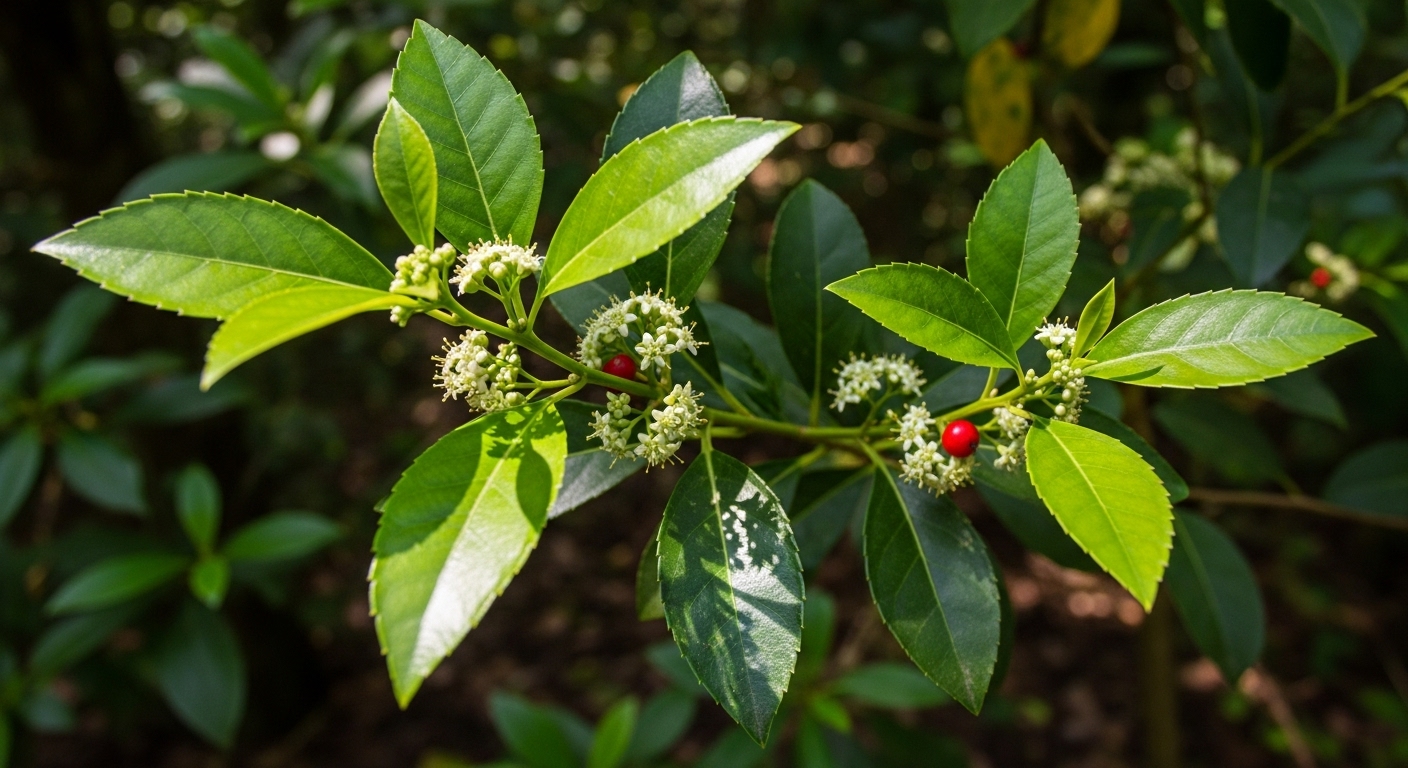Caffeine Boosts Pain Relief: Analgesic Adjuvant Evidence
Dr. Kumar’s Take
This Cochrane review answers a practical question patients ask all the time: do “plus caffeine” pain relievers work better? The evidence says yes. Adding caffeine to standard doses of acetaminophen or NSAIDs increases the chance of achieving good pain relief. The benefit is modest, but consistent, and doses are similar to a regular cup of coffee.
Key Takeaways
- Adding caffeine to common analgesics improves the proportion of adults who achieve meaningful pain relief for acute conditions like dental pain or headache.
- Typical caffeine doses in combination products are about 100 to 200 mg.
- The incremental benefit is small at the individual level but can be clinically useful when fast, reliable relief matters.
- Safety is similar to analgesic alone at these doses for most healthy adults, though sensitivity varies.
Actionable Tip
If you tolerate caffeine, an analgesic plus ~100–200 mg caffeine can provide a bit more pain relief than the analgesic alone. Avoid late-day dosing if sleep is a priority.









